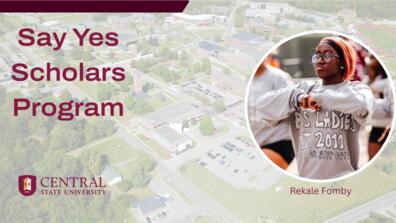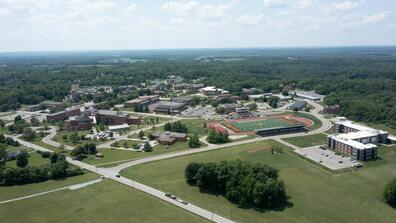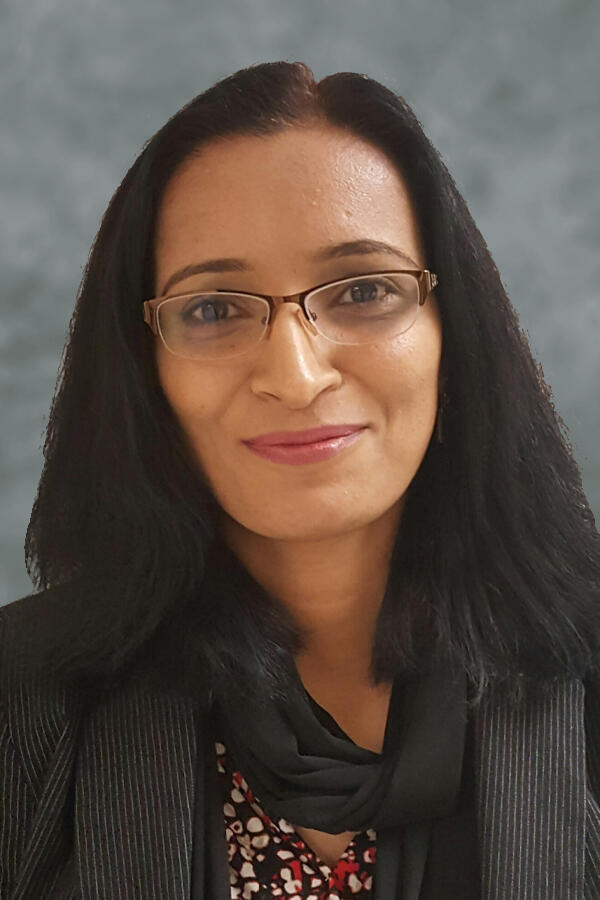
Central State University redefining excellence in agriculture, behavioral health research, and innovation

Central State University is a catalyst for transformative education and research, paving the way for groundbreaking discoveries and societal change. The HBCU located in Wilberforce, Ohio, blends academic rigor with a deep commitment to addressing pressing global challenges.
A legacy of innovation as an 1890 Land-Grant Institution
Central State, Ohio’s only public HBCU and 1890 Land-Grant Institution, carries a proud tradition of advancing agricultural innovation, education, and outreach. This designation, reserved for select Historically Black Colleges and Universities (HBCUs), underscores CSU’s pivotal role in addressing agricultural challenges while fostering student success.

One of CSU’s standout initiatives is a project led by Dr. Saima Bashir, supported by the National Institute of Food and Agriculture (NIFA). This United States Department of Education (USDA)-funded collaboration tackles declining workforce participation and misconceptions about careers in agriculture. By partnering with Prairie View A&M University, another 1890 Land-Grant Institution, the program expands students’ understanding of agriculture as a field rich with opportunities in technology, marketing, and sustainable development.
“Many students see agriculture as limited to manual labor,” explained Dr. Bashir, professor of Business Administration in the College of Business. “Our goal is to show them the industry’s broader potential — from finance and tech to advocacy and education.”
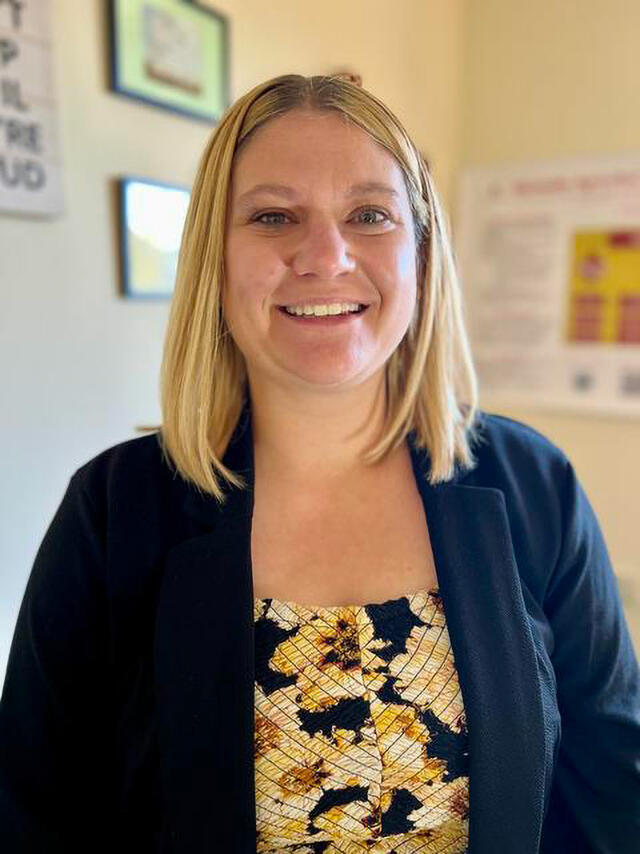
The program includes scholarships for non-agriculture majors, immersive coursework, and networking events, giving students real-world exposure to agricultural careers. Participants attend industry events like the Farm Science Review, where they connect with professionals and explore career pathways.
Dr. Katrina Swinehart, an agricultural education expert, emphasizes the transformative impact.
“We’re reshaping perceptions by showing students how agriculture can address critical issues like food insecurity and community development,” she said. “These lessons are applicable across countless industries.”
Since the project’s launch, enrollment in CSU’s agriculture-related programs has surged, reflecting growing awareness about this vital field.
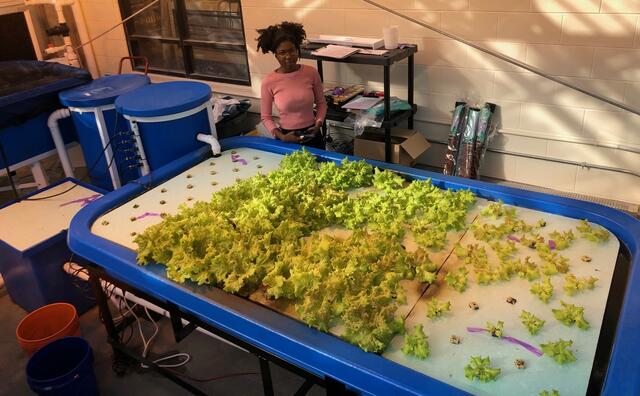
Poised to address behavioral health disparities
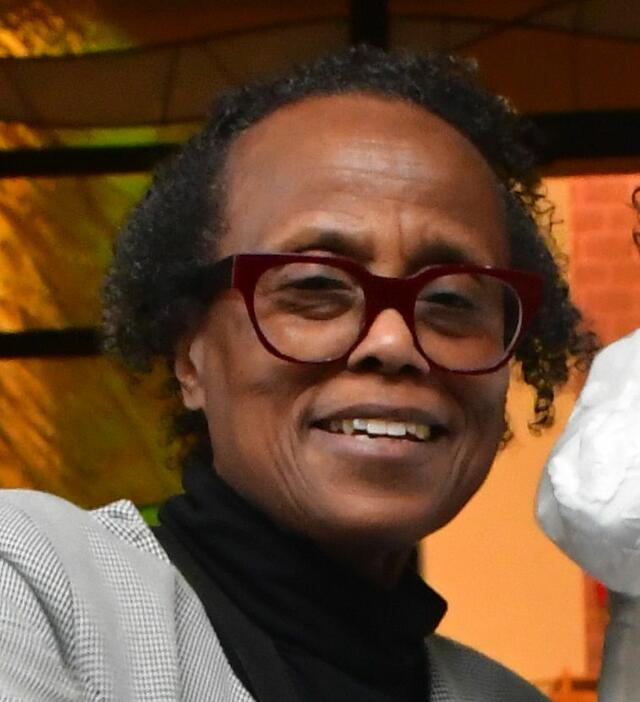
CSU’s innovative spirit extends beyond agriculture. The Racial and Ethnic Behavioral Health (REBH) study, spearheaded by Dr. Greta Winbush of the College of Humanities, Arts, Social Sciences, and Education (CHASE), is another groundbreaking initiative. This research stems from a partnership with the Mental Health & Addiction Advocacy Coalition, Multiethnic Advocates for Cultural Competence, and Ohio University. The study highlights systemic barriers faced by minority professionals in behavioral health, aiming to foster a more inclusive workforce.
“Behavioral health professionals should reflect the communities they serve,” Dr. Winbush explained.
“Our research identifies gaps and inequities, laying the foundation for systemic change.”
The REBH study involves statewide data collection and collaboration with policymakers to improve support for Black, Indigenous, and other people of color in the behavioral health field. Students play a central role in research, gaining invaluable experience while contributing to meaningful change.
“Student involvement enriches our work and prepares them to address disparities in their careers,” Dr. Winbush added.
Driving innovation in microelectronics
Central State University is advancing research and workforce development in the rapidly evolving field of microelectronics. As part of the Midwest Microelectronics Consortium (MMEC), CSU plays a pivotal role in the National Science Foundation Regional Innovation Engines project, which seeks to secure $160 million in funding over the next decade. This initiative underscores the University's commitment to leading-edge innovation and training the next generation of skilled professionals in microelectronics.
In December, CSU hosted a visit from MMEC leadership to strengthen its collaboration on the NSF Engine proposal. The visit marked a critical step in fostering semiconductor research and expanding educational opportunities. The partnership positions CSU as a key contributor to national efforts addressing the growing demand for a robust microelectronics workforce.
Adding to these efforts, CSU has announced its Intel-sponsored 2025 Summer Internship Program, designed to engage women and underrepresented minorities in microelectronics. This program, hosted at Central State University, Wright State University, and the University of Michigan, provides participants with hands-on experience, mentorship from industry leaders, and access to cutting-edge technology.
Ultimately, Intel Semiconductor Education Program at CSU (ISEP-CSU) aims to prepare a diverse and dynamic workforce for the challenges of tomorrow. The initiative equips students with the skills needed to excel in microelectronics and fosters inclusivity in an industry vital to global innovation.
Through initiatives like the MMEC partnership and the Intel-sponsored internship program, Central State University continues to position itself as a leader in research, education, and workforce development in one of the world’s most critical technological sectors.
Students as changemakers
At CSU, students aren’t just observers — they’re active contributors to cutting-edge research. For instance, Social Work senior Madison Kidd said of her independent study experience, “My experience being on the REBH research team has not only enhanced my research abilities but also reinforced my commitment to contributing to meaningful change in mental health care access.”
"Working with the REHB team inspired me to someday want to conduct a study with others," Kidd added. "The way my professors worked together made me feel like I, too, want to be a part of a team so supportive. They were able to be professional and have serious conversations; however, it was still space for laughter. I would love to work with them again. They gave me a great experience in such a short time frame."
Similarly, students in the USDA-NIFA initiative are gaining hands-on experience that prepares them for leadership roles across diverse sectors.
“Our mission is to show students how their skills translate across industries,” Dr. Bashir said. “Agriculture, for instance, offers platforms for innovation in technology, education, and business.”
The role of philanthropy in driving progress
Philanthropic support is crucial to CSU’s mission of academic excellence and innovation. Donations fund scholarships, research opportunities, and state-of-the-art resources that empower students and faculty to thrive.
“Every contribution directly impacts our ability to transform lives,” said Rebecca Kocher, Vice President of the Division of Institutional Advancement and Executive Director of the Central State University Foundation. “It’s an investment in the future.”
A key opportunity to support CSU is the historic Inauguration Week, celebrating the installation of Dr. Morakinyo A.O. Kuti as the University’s 10th President. Signature events like the Scholarship Luncheon and A Night of International Celebration will directly benefit students, ensuring the continuation of transformative programs.
A vision for the future
CSU’s commitment to innovation, inclusion, and impact is reshaping higher education. Projects like the USDA-NIFA and REBH initiatives exemplify the University’s dedication to addressing societal challenges while empowering underrepresented communities.
“Our legacy is one of resilience and progress,” Dr. Winbush said. “By investing in our students, we’re shaping a brighter, more equitable future.”
Through the support of partners, donors, and passionate advocates, CSU continues to inspire change and redefine what’s possible in education and research.
To learn more about these and other groundbreaking initiatives, visit the Central State University Newsroom.
